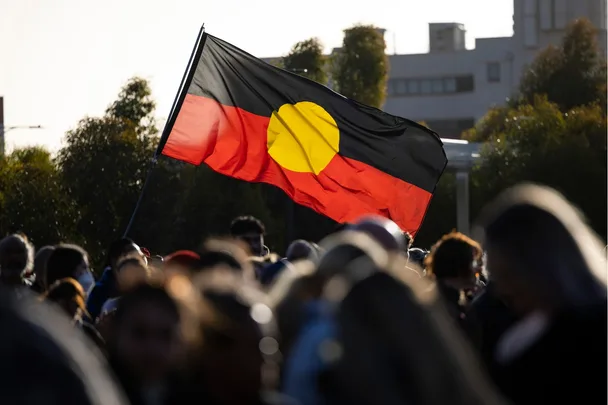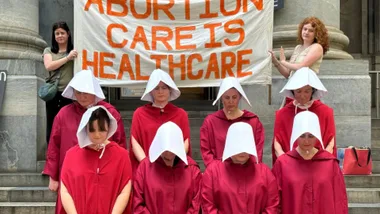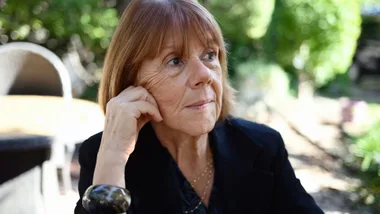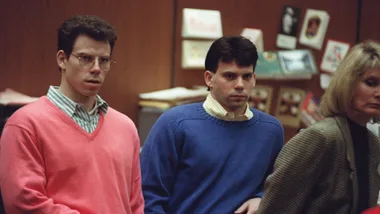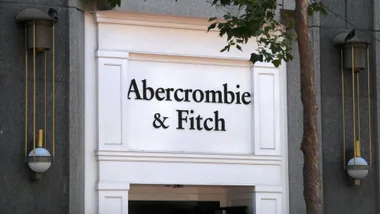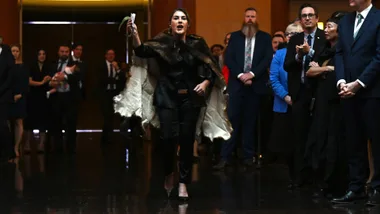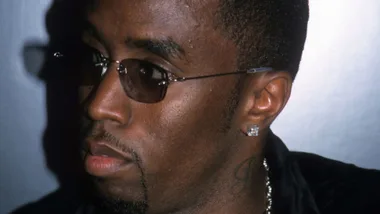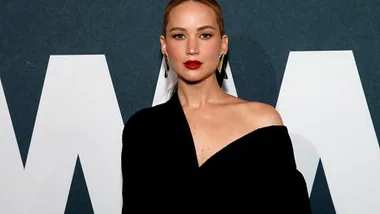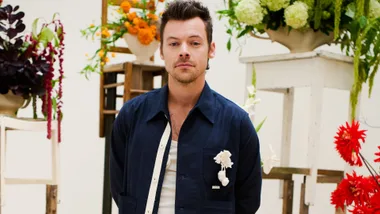Legislation to set up a referendum on an Indigenous Voice to Parliament has officially passed through the senate.
As a result, the Australian public will be able to have their say on whether Indigenous Australian voices are constitutionally acknowledged in all forms of democracy.
This crucial Voice to Parliament referendum is critical in determining a direct line to government for First Nations people, meaning the Indigenous population will have a formalised body to deliver advice in regards to matters relating to Aboriginal and Torres Strait Islander peoples.
The referendum, if the voice is voted in, will ensure that it’s consecrated in the constitution.
However, it’s worth noting that the Voice is purely an advisory board and will not have powers to veto laws, though they will undoubtedly influence legislation to ensure First Nation’s views are considered and upheld.
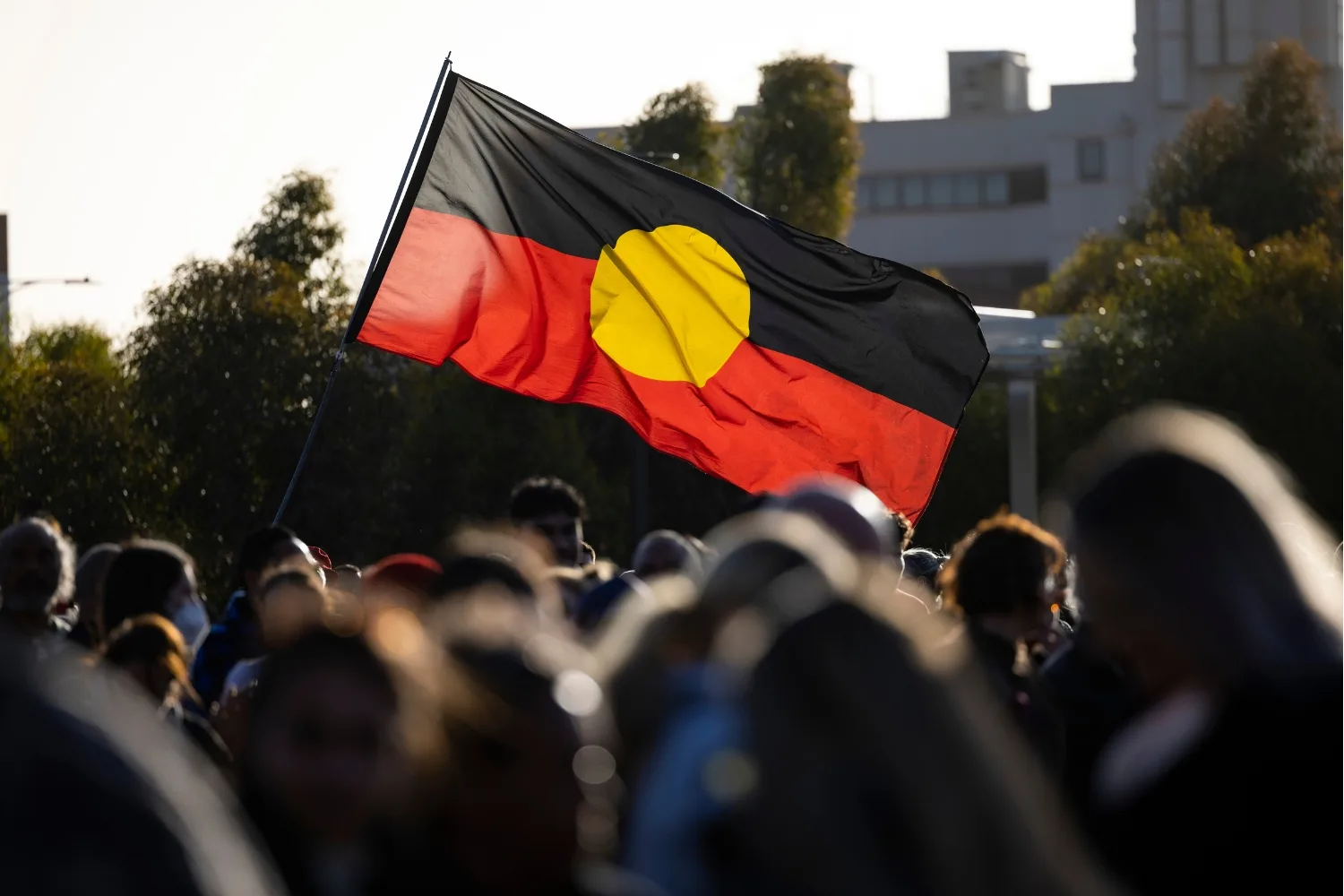
What Are The Arguments For And Against A Voice To Parliament?
In the lead up to the referendum, official pamphlets for the ‘Yes’ and ‘No’ camps have been published by the Australian Electoral Commission (AEC).
They are currently available to view on the AEC website, unedited and unformatted.
After review, they will be printed and distributed to Australian households, which will cost around $10 million according to the ABC.
The ‘Yes’ camp have enlisted the support of prominent Indigenous Australian voices within their campaign, including sport legends Johnathan Thurston, Eddie Betts, and Evonne Goolagong Cawley, and filmmaker Rachel Perkins.
A statement from former tennis champion Goolagong Cawley included in the pamphlet reads: “Voting Yes is a chance for all Australians to celebrate the contribution Aboriginal and Torres Strait Islander peoples have made to our country and to help the next generation chase their dreams. Let’s grab this moment with both hands.”
The ‘No’ pamphlet, on the other hand, relies on legal experts, including former High Court Judge Ian Callinan, former Federal Court Judge David Jackson, former NSW Supreme Court Judge Terence Cole and former WA Supreme Court Judge Nicholas Hasluck. It argues that a change to the constitution would be “legally risky, with unknown consequences.”
What Is The Wording Of The Voice To Parliament Referendum?
As revealed by Prime Minister Anthony Albanese in a press conference earlier this year, Australian citizens will be asked to answer the following question that will serve to potentially amend the constitution.
The question reads:
“A Proposed Law: to alter the Constitution to recognise the First Peoples of Australia by establishing an Aboriginal and Torres Strait Islander Voice. Do you approve this proposed alteration?”
The referendum will be the first for the Australian constitution in 24 years, with the last one being the 1999 vote to establish Australia as a republic.
Unlike the 2017 Australian Marriage Law plebiscite, which was the last time the federal government heard directly from the public en masse, the results of the 2023 referendum will be legally binding and upheld in the constitution.
As Prime Minister Albanese said himself when announcing the referendum in July 2022: “I believe this country is ready for this reform. If not now, when?”

When Will The 2023 Voice To Parliament Referendum Take Place?
As for when Australians can take to the polling booths, Prime Minister Anthony Albanese has announced October 14 as the official voting date.
This date aligns with the legal requirements of the referendum, which mandate that the vote must be held at least two months from when the bill passed, and no more than six months later.
What Is The Voice To Parliament?
The concept of a First Nation’s Voice to Parliament officially originated in 2017’s Uluru Statement Of The Heart.
The statement called for legislative and structural reform to both the Australian constitution and parliament, ensuring a path of self-determination for First Nations people in enacting real, meaningful change at a governmental level.
The constitutional element of the Voice to Parliament will ensure that First Nation’s voices are embedded and recognised in the very foundations of Australian law making, rather than simply an act or piece of legislature that can be easily changed.
If the Voice is voted in, First Nations people will be able to influence laws that directly impact them for the first time in Australian history.
As minister for Indigenous Australians, Linda Burney, told The Guardian, the voice is integral in ensuring not just substantial, but also symbolic recognition for First Nations people that is enshrined in the bedrock of our democratic system.
“It’s about drawing a line on the poor outcomes from the long legacy of failed programs and broken policies, and listening to Aboriginal and Torres Strait Islander people,” she told the publication.
“Things like incarceration and child removal. Housing, health and educational outcomes. This voice is about making sure that what happens in the federal parliament is going to be a positive step forward both in terms of us as a nation, but also the life outcomes for First Nations people in Australia.”
Why Are Some Indigenous Groups Rejecting The Voice To Parliament?
Despite the fact that many prolific First Nations leaders, including Indigenous Minister Linda Burney and Wiradjuri and Wailwan activist, storyteller, Aboriginal land rights lawyer and 2022 marie claire Woman of the Year recipient Teela Reid, are staunch supports of the Voice, it isn’t the case for all Aboriginal and Torres Strait Islanders people.
The ‘Recognise a Better Way’ committee are firmly opposing the Albanese governments referendum, believing that the Voice is a “distraction from achieving real, practical, and positive outcomes for Aboriginal and Torres Strait Islander Australians.”
There is also a belief that the referendum will disproportionality marginalise other ethic minority groups. Warren Mundine, a leader within the ‘no’ movement, revealed to The Guardian that vote should recognise “all the people who have come to Australia, who have been here first and how we built this great country of ours.”
Their proposition of a new preamble that acknowledges First Nations and migrants people within the constitution was rejected by members making up the Uluru statement committee.
